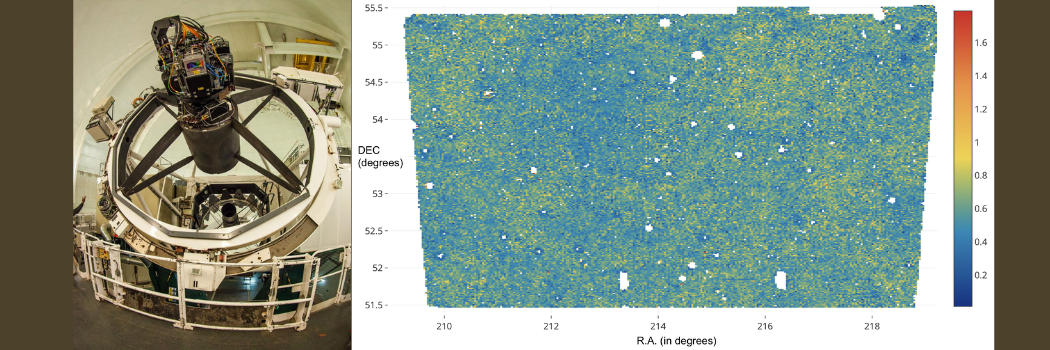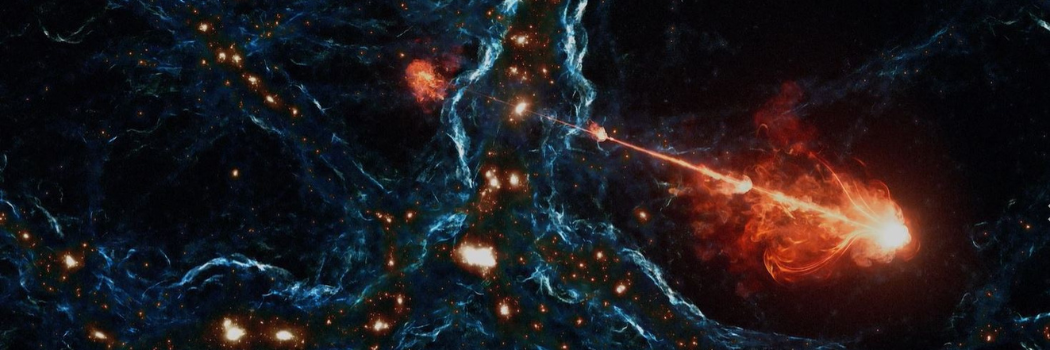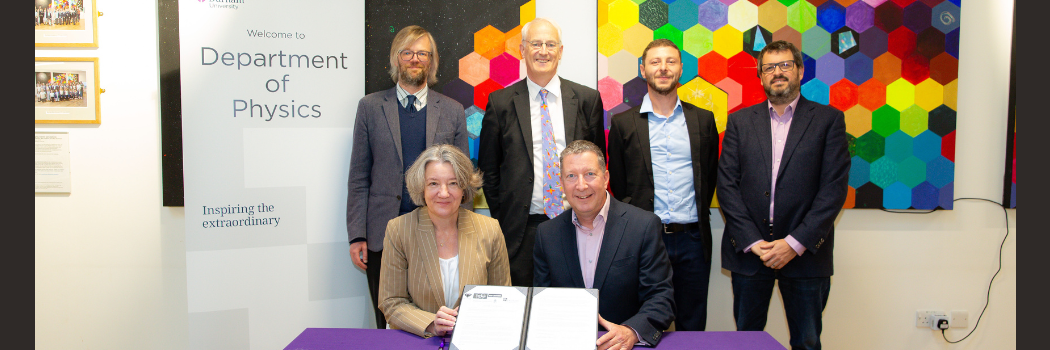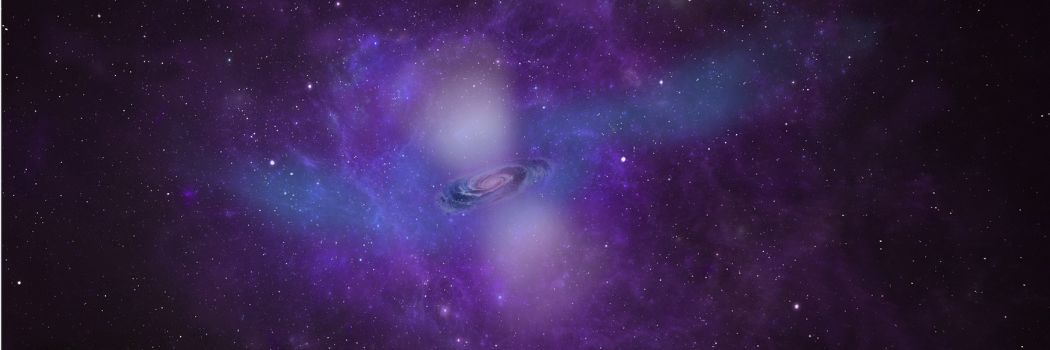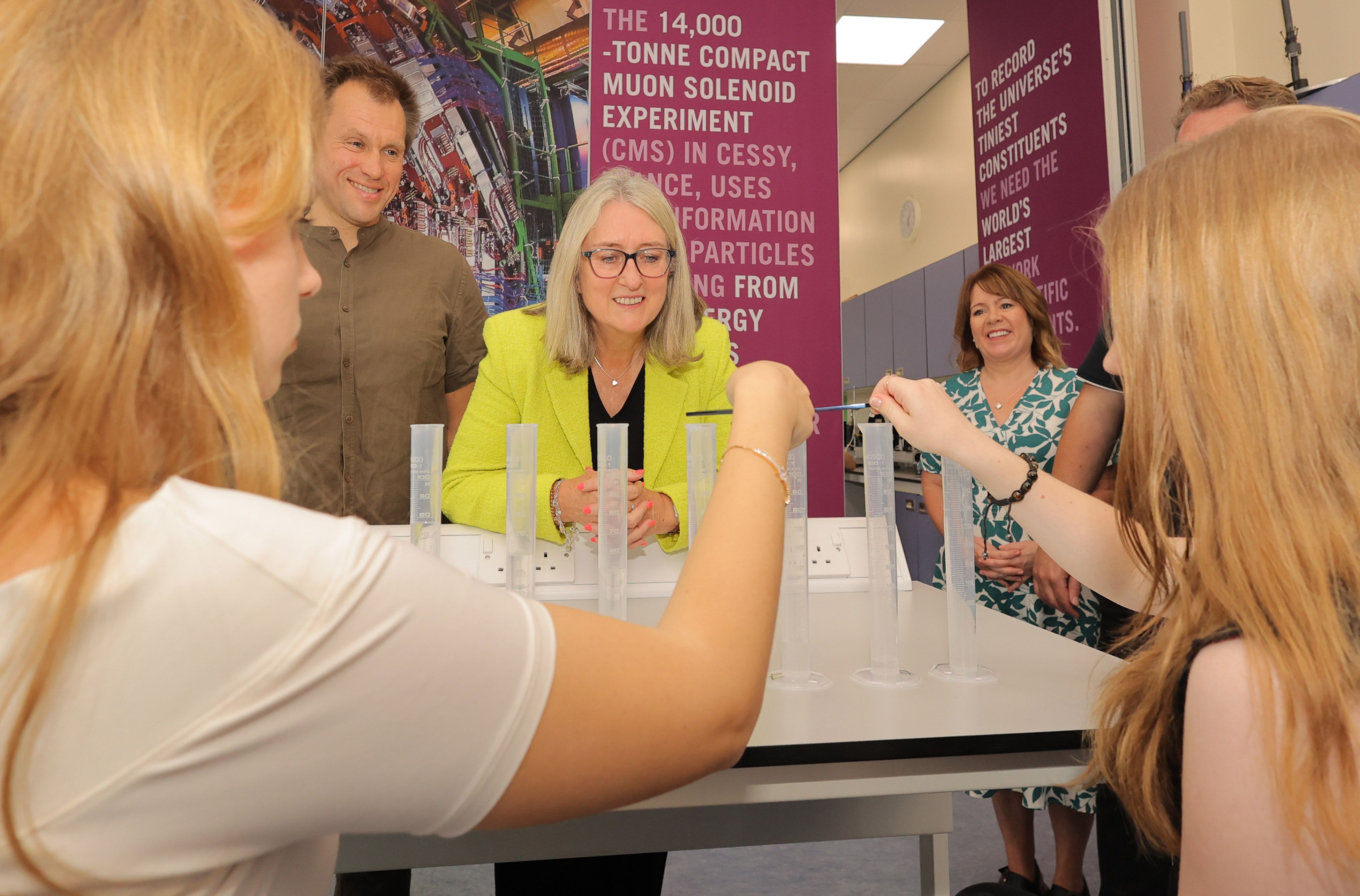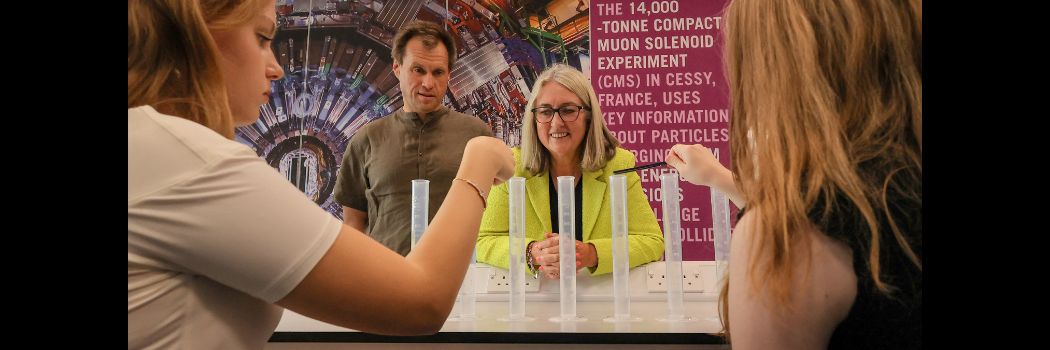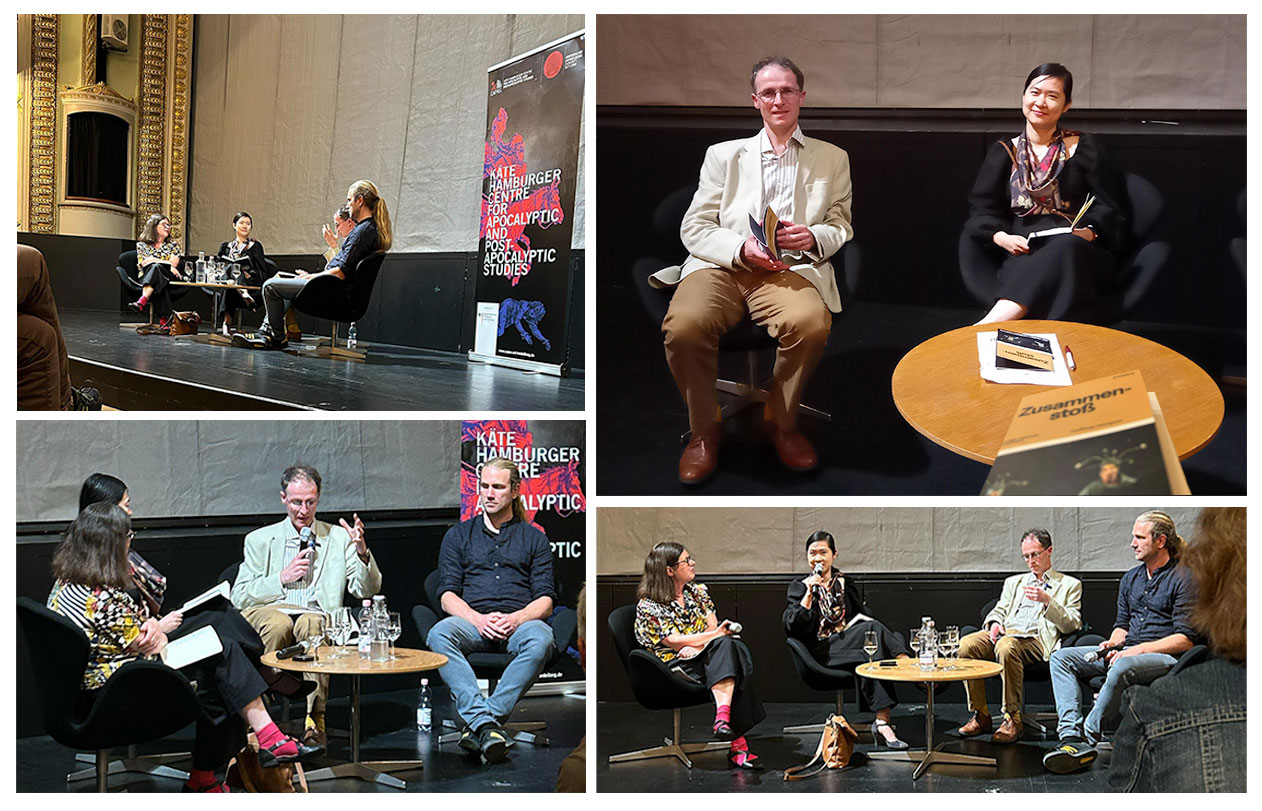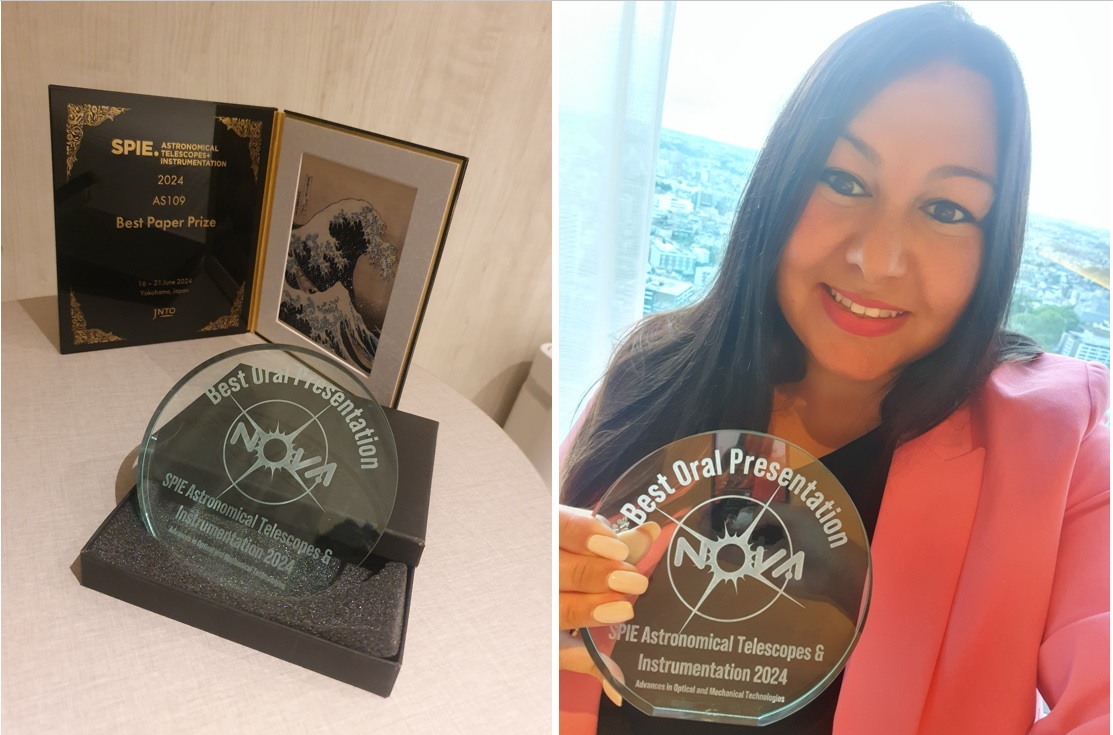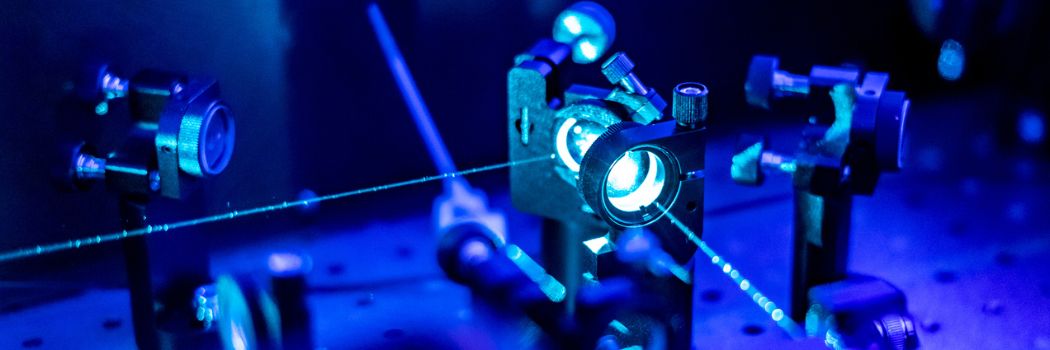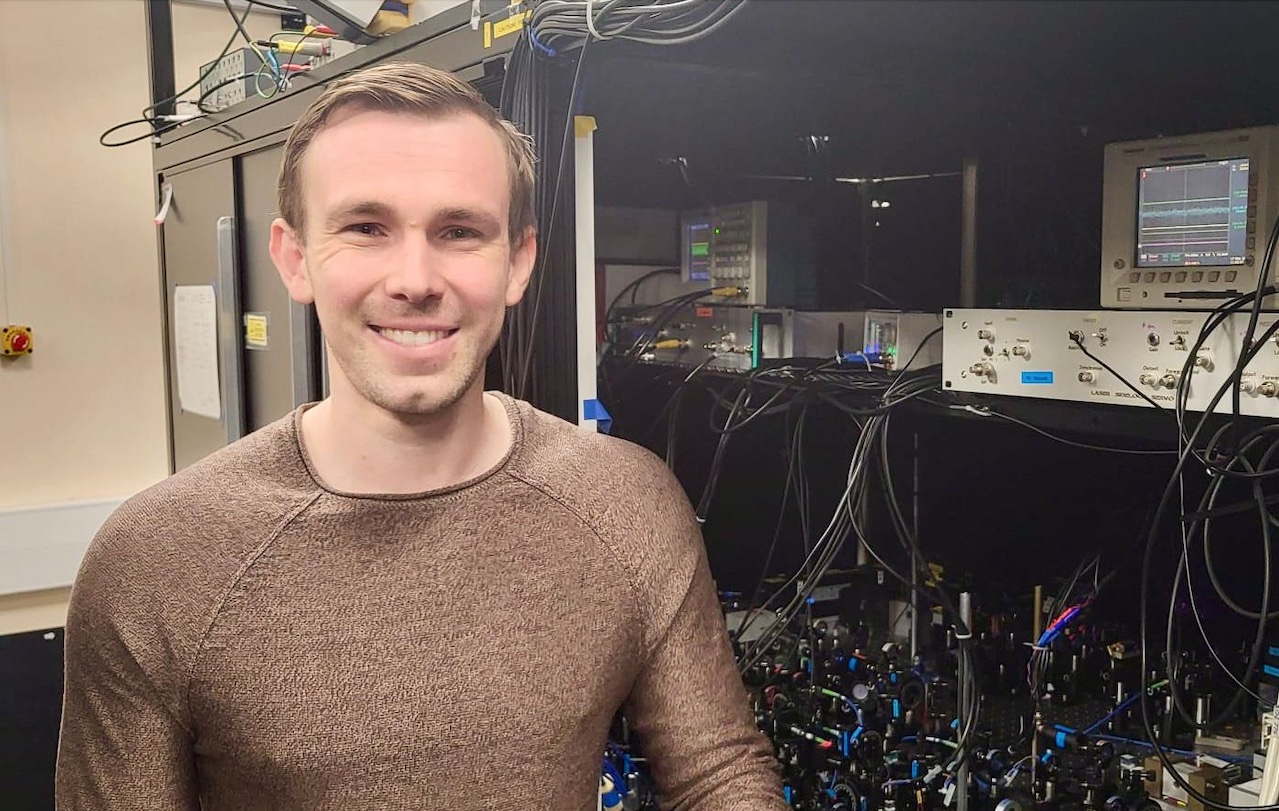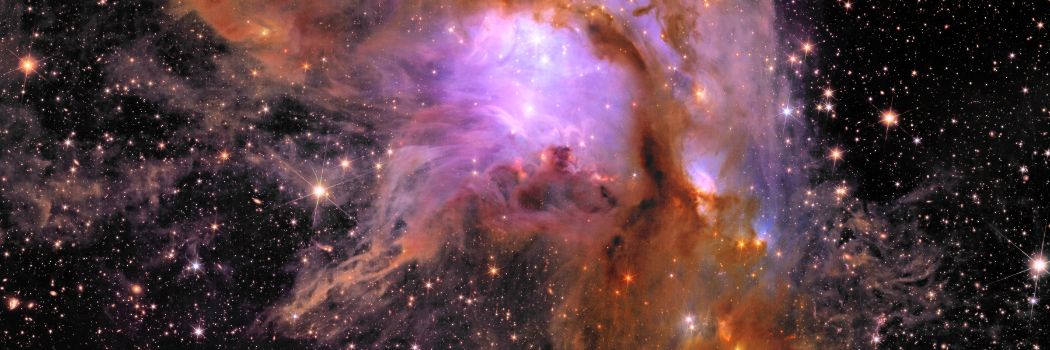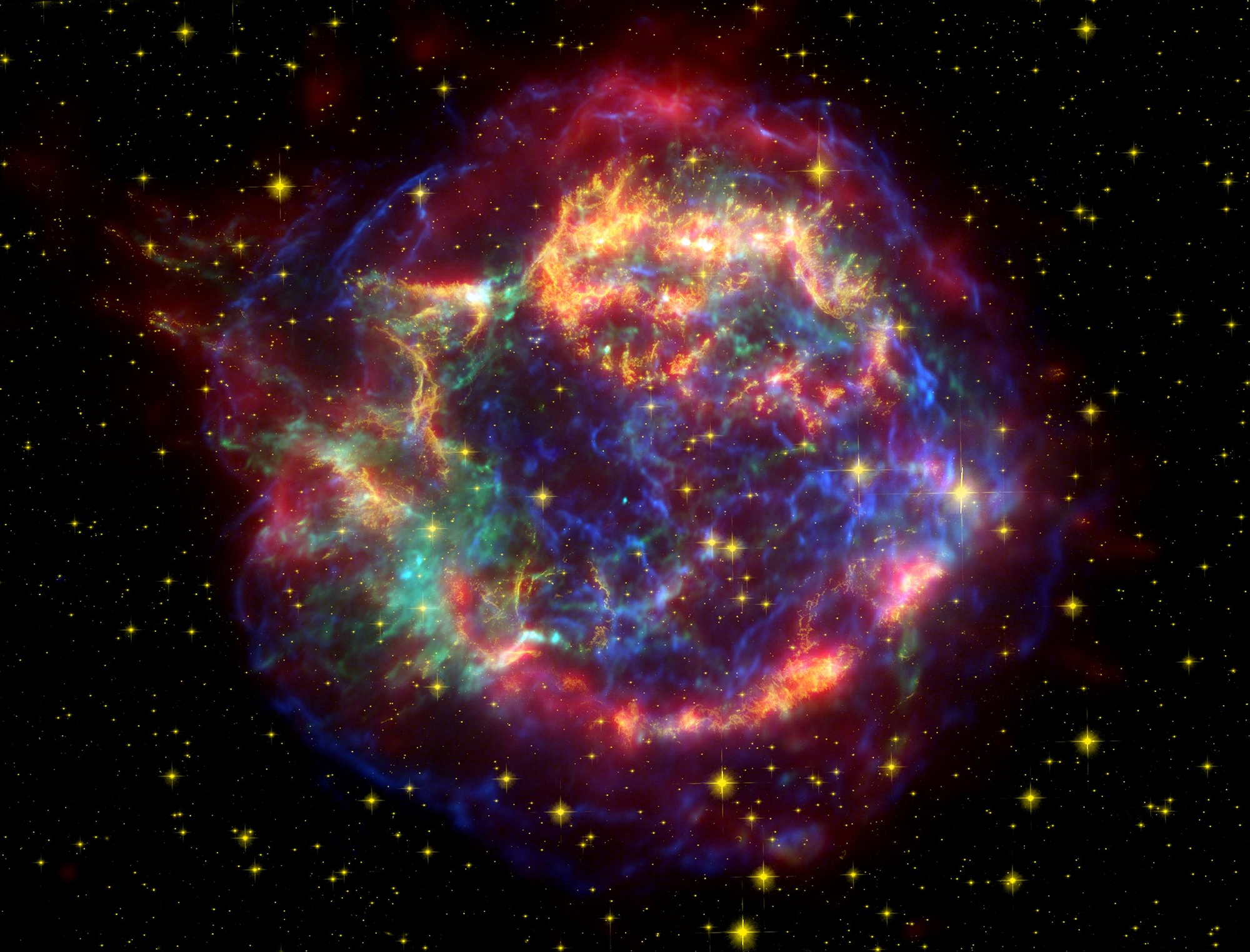Latest News
Our Physics department plays key role in unveiling the universe’s secrets
Our top-rated Physics department has made significant contributions to an innovative international project that's shedding new light on the mysteries of our universe.
Astronomers discover largest black hole jets ever recorded in space
A Durham physicist is part of an international research team that has discovered the biggest pair of black hole jets ever seen in space, spanning 23 million light-years in total length.
Durham joins cutting-edge astronomical project BlackGEM
We have become part of an incredible space project called BlackGEM.
New image shows galaxies are bigger than we thought
We’re part of an international team of astronomers who have been able to take a photograph of the halo of gas around a galaxy for the first time.
Higher Education Minister visits Ukrainian summer camp at Durham University
The UK’s Higher Education Minister has visited Durham University to show her support for an education and recreation summer camp for Ukrainian young people.
Baroness (Jacqui) Smith visited the University’s Physics Department to meet young participants in a three-week residential summer school organised by the charity fund Tomorrow, UAPhysicsOnline and OneUkraine gGmbH (CORRECT) and in coordination with Ukraine’s Coordination Headquarters for the Treatment of Prisoners of War.
Government Minister visits Ukraine summer camp
The UK’s Higher Education Minister has visited our campus to show her support for an education and recreation summer camp for Ukrainian young people.
Art-Science Collaboration on Apocalyptic Space Threats
On 23 June, Durham academics Dr Richard Wilman (Physics) and Dr Nikita Chiu (Responsible Space Innovation Centre) participated in a public panel discussion on cosmic endings and space-based threats. The event was organised by Heidelberg University's Centre for Apocalyptic and Post-Apocalyptic Studies (CAPAS) and took place after a performance of the astronomically-inspired opera “Collision”.
CfAI Head of Optical Design gives award winning talk at the SPIE Astronomical Telescopes & Instrumentation Conference in Japan
Ariadna Calcines Rosario, Head of Optical Design at Durham’s Centre for Advanced Instrumentation (CfAI), has received the Award to the Best Oral Presentation of the over 100 given at the SPIE Astronomical Telescopes & Instrumentation Conference in Yokohama, Japan.
Durham University physicists play key part in UK’s quantum future
We’re playing a key part in the UK’s drive to develop quantum technology to benefit a wide range of areas including healthcare, computing and security.
Durham University physicists play key part in UK’s quantum future
We’re playing a key part in the UK’s drive to develop quantum technology to benefit a wide range of areas including healthcare, computing and security.
Dr Alex Guttridge awarded prestigious Royal Society University Research Fellowship
Dr Alex Guttridge has been awarded a prestigious Royal Society University Research Fellowship. The Fellowship enables Dr Guttridge to research the topic of programmable assembly of ultracold molecules in optical lattices.
Durham scientists part of team behind stunning new images of the Universe
Our scientists are involved in a major international space mission that has released five unprecedented new images of the Universe.


/prod01/prodbucket01/media/durham-university/departments-/physics/teaching-labs/VT2A9034-1998X733.jpeg)
